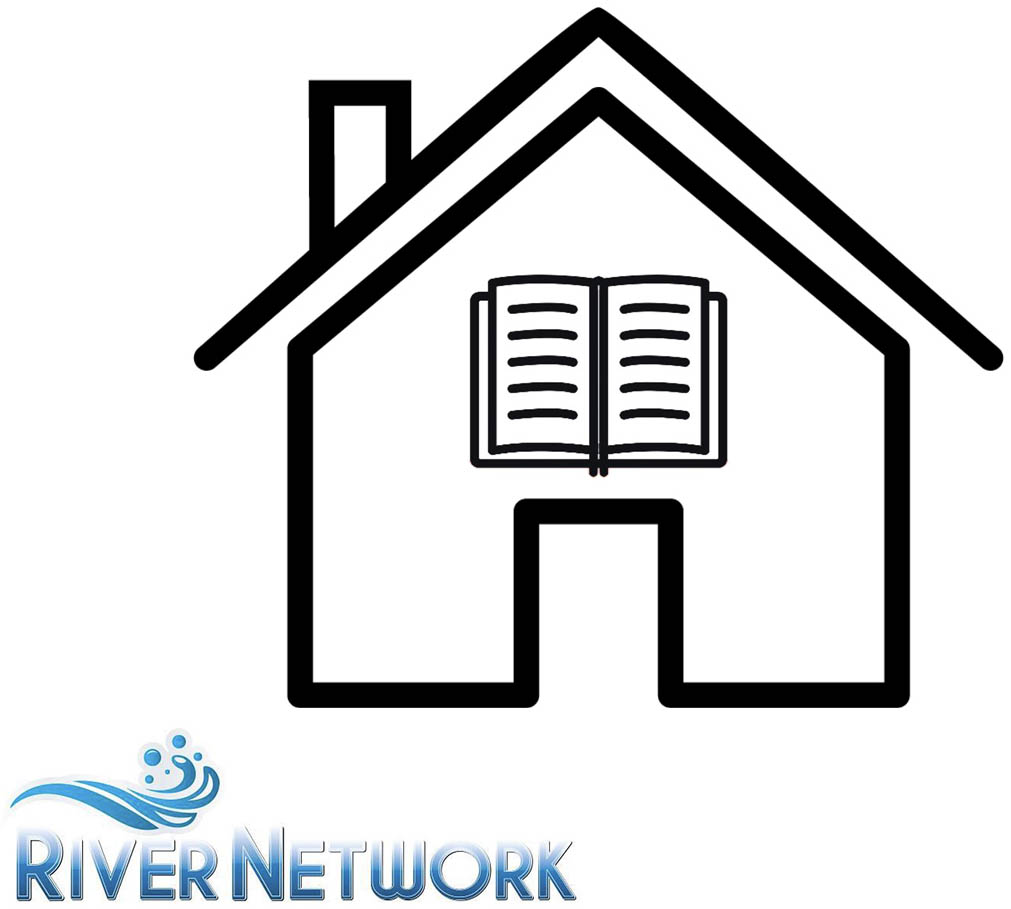
RIVER NETWORK CHARITY, ALTERNATIVE EDUCATION offering information, guidance, signposting & support. Our Board, Leaders and team come with decades of credibility, Professional experience and qualifications. With this experience, heart and local need are looking to expand our services.
We are constantly looking at ways of helping NEETs , those not in education, employment or training, with new and innovative ways. Forest schools is a good form of alternative education encourage children to get out of the classroom and learn through nature while enjoying basic life skills in the form of planting seeds and fire safety. Pupil referral units are another form of alternative education with the child not being taught by a school teacher this can be because the child can’t deal with mainstream schooling or they need behavioural support and have been referred by the local council. Older children can leave mainstream schools without the important qualifications which is why alternative methods of education are incredibly important. Apprenticeships are a popular form of education .Work experience helps young people gain experience of jobs they may want to progress in , in the future helping them to explore all the options available outside of mainstream studying .
Alternative education is a program of study for students that need a different and specialised way of learning within a schooling environment.
Alternative education programs are in place for many reasons such as;
- Students with behavioural problems
- Students who struggle to cope with a mainstream school environment
There are many different forms of alternative education, with homeschooling being the most families turn to.
In the U.K. over 100,000 students are believed to be homeschooled.
Alternative education covers a wide variety of activities, these can include:
Outdoor Education which encourages children to be out of the classroom and learn about nature and its importance, learn basic skills like gardening and also learn the importance of fire safety and the dangers of fire.
Work experience can allow young people to experience the world of work in a career in which they would like to progress towards. This can provide them to enhance their current skill set, identify their weaknesses and work towards learning new skills which would benefit them in the job they’re aspiring towards.
Local councils are also able to refer children to education outside of mainstream schooling if a child is struggling with this environment or if the child may have behavioral issues and needs more specialist help.
There are also times in which older children, or young people, leave school without the needed qualifications which may affect their ability to find work. Work experience is a good way to gain experience in this instance but apprenticeships are also a very good way to gain qualifications while also gaining experience in the workplace. This can sometimes lead directly into a job once they finish their apprenticeship successfully.
According to the House of Commons Library, “In 2019/20, there were 719,000 people participating in an apprenticeship in England, with 322,500 apprenticeship starts and 146,900 apprenticeship achievements.” Though, this number was less than the previous year due to the Covid-19 Pandemic and the subsequent lockdowns and restrictions which had a negative impact. “23,400 fewer people were participating in an apprenticeship in 2019/20 than in 2018/19.”
Alternative education is a program of study for students that need a different and specialised way of learning within a schooling environment.
Alternative education programs are in place for many reasons such as;
- Students with behavioural problems
- Students who struggle to cope with a mainstream school environment
Types of Alternative Education
There are a number of schools in the U.K. that offer a more holistic teaching method. Their main aim is to nurture every pet of a child’s development. Not just intellectual, but also creative, emotional, moral and spiritual.
Montessori Schools will be mixed age classrooms of children learning via concepts and natural materials.
Montessori-trained teachers encourage students to interact with the environments, using their instincts to guide them in their learning.
Steiner Education or sometimes known as Waldorf Education focuses on encouraging students to use their imagination and creativity.
The curriculum can be different depending on the school and teachers, as they have a large say in what’s included.
Community Schools are found all across the country, but they don’t necessarily fall into any of teaching model or curriculum.
These small local schools are usually based on values of democracy and fairness.
Forest Schools are not actually physical schools. Instead they refer to regular outdoor sessions, mostly at nursery or primary school level.
These environments enable children to develop confidence through hands-on learning.
Pupil referral units is when the child not being taught by a school teacher. This can be in place when the child can’t deal with mainstream school or they need behavioural support and have been referred by the council in their local area.
Apprenticeships offer a different way to continue education without the same requirements and intense focus on schooling.
Apprenticeships provide the person with the skills and development they need to fit into the working world quickly and efficiently.